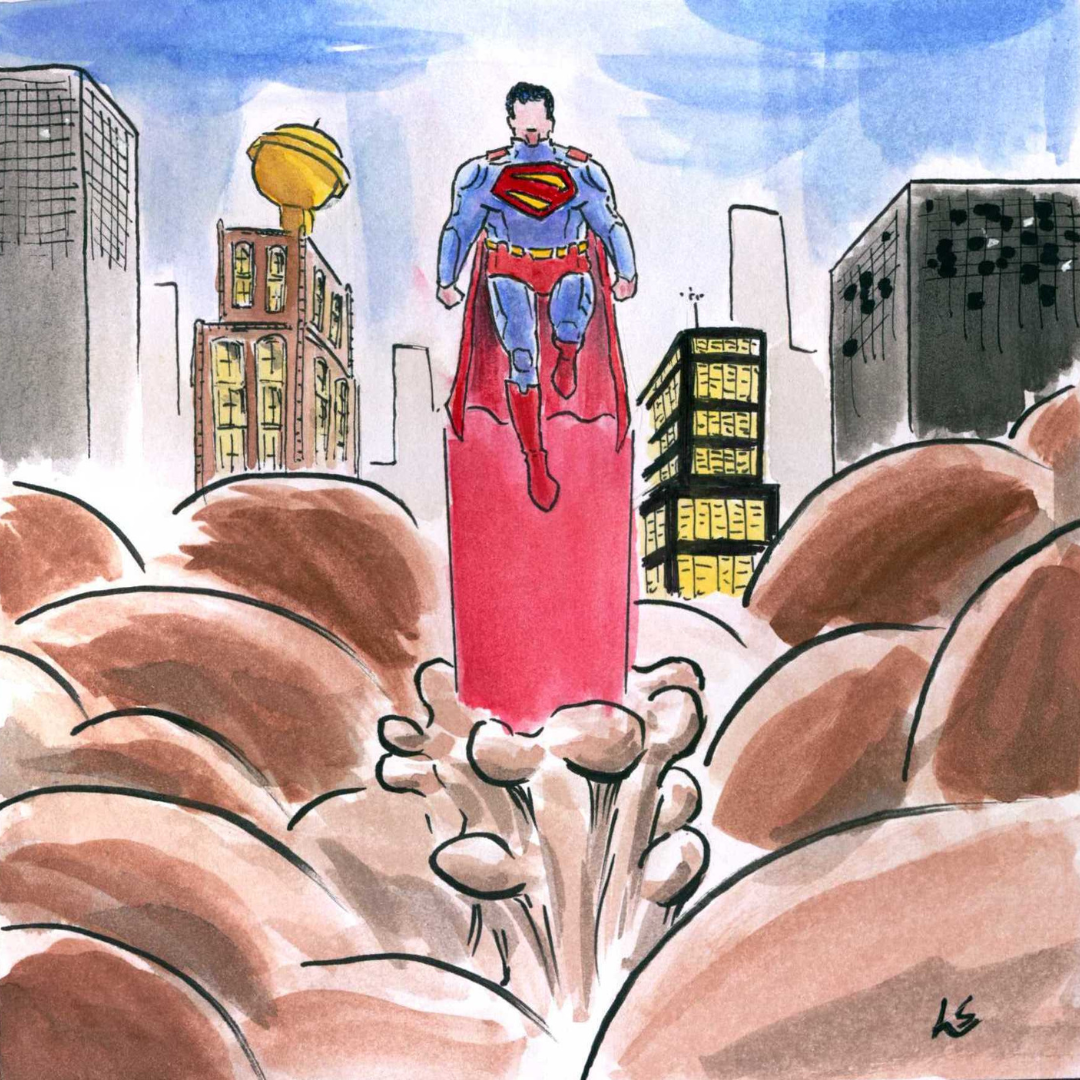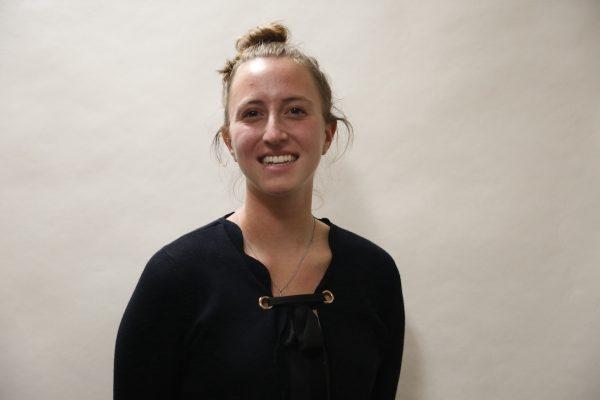Vulnerability, vocalizing mental health struggles, leaning on friends and breaking down the stigma surrounding eating disorders is what Alexa Ubertaccio ’24 wishes to accomplish with her Instagram account dedicated to sharing her journey.
Ubertaccio created “findinghappy_alexa,” an Instagram account dedicated to her eating disorder, anorexia nervosa, recovery journey. Through the account, she shares her story, highlights the highs and lows and overall puts an emphasis on the importance of talking about mental health.
“That’s really why I put it out there because I know, even if someone’s not having the same exact experience, so many people struggle with their mental health in different ways. So just being able to put words to it a little bit has helped me get a lot out of my head,” Ubertaccio said. “I feel that I’m being a little more honest with not even just my friends, but the general people that I surround myself with.”
The account also serves as a way for the people in Ubertaccio’s life to have an inside look into her experiences, she said.
“I think my thought process was that it would be easier for me to just have a place for other people to know what’s going on in my life,” Ubertaccio said.
The Healthy Minds study, conducted by the Health Minds Network in March 2023, surveyed students from over 370 colleges and found more than 60% of college students struggle with some form of mental health problems. Mental health and eating disorder experts said and a large portion of this percentage struggles in silence.
Conversations surrounding mental health and eating disorders can often be overlooked and cast away into the shadows. Hannah de Groot, a licensed professional counselor at Recovered and Restored Eating Disorder Therapy Center in Ambler, Pa., finds it vital for people to have conversations about their mental health so they can feel more comfortable getting help.
“I think a lot of people struggle silently in their eating disorders or their mental health and unfortunately, a lot of symptoms of eating disorders are normalized,” de Groot said. “When we create conversations about mental health and spread awareness, and specifically with eating disorders, it sheds light on the issue at hand and really allows people to feel more comfortable with receiving help.”
Sarah Woolston ’24, one of Ubertaccio’s roommates, said she finds encouragement through people sharing their stories on public platforms, and doing so can make those struggling feel safe and heard.
“Something really cool about our generation is how we’re all making there be less of a stigma around mental health, and I think Alexa’s Instagram account is really a great example of how awesome it can be when we’re vulnerable with each other,” Woolston said. “It makes people feel less alone.”
Bridget Shertzer, site director at The Renfrew Center of Philadelphia in Center City, said eating disorders can be silent struggles, but someone’s willingness to share their story may help others along the way.
“We know that eating disorders specifically thrive in isolation and in secrecy,” Shertzer said. “And so when someone can share their story out in the open, it really helps make people who are struggling with eating disorders feel less alone.”
Despite the hard days, Ubertaccio said she continues to find happiness while being a voice for others and breaking the stigma surrounding these conversations.
“I think the name ‘findinghappy_alexa’ came from a place of, ‘yes, there’s a lot going on,’ but at the core, I was missing out on so many things that brought me joy or made me happy,” Ubertaccio said. “Yes, it was to recover from my eating disorder, but also just find a way to let those kinds of things back into my life.”















































